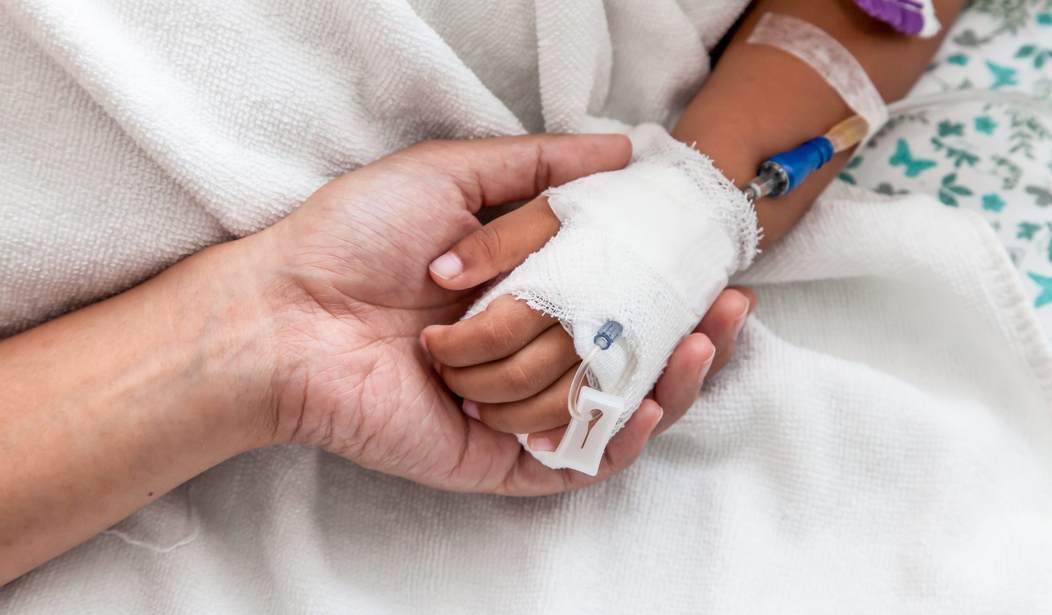One month before turning 17 I was diagnosed with leukemia. One minute I was acting in my school play, looking at colleges I might want to attend, and planning for the upcoming semi-formal. And quite literally the next minute, I was a cancer patient. It’s astounding how drastically life can change when a doctor utters a few words to you in a dimly lit hospital room one grey December day. All of my plans – not just for the year, but for the rest of my life – came to a screeching halt. Would I recover? When? How will my schoolwork suffer? Will I still see my friends? Will my crush at school ever like me? Will I lose my hair? Will treatment hurt? Will I have scars?
The questions raced through my head too quickly to even articulate while the doctor explained what leukemia was (cancer of the white blood cells), and how they would treat it (months of high-dose chemotherapy, antibodies, and blood and platelet transfusions).
The next weeks moved quickly as my medical team urgently got me started on chemotherapy. I was in ICU at first, and then transferred to the regular pediatric oncology floor, at which point my hair started to slowly appear more and more on my pillow. For a teenage girl, this aspect of treatment was nearly unbearable.
I was lucky. So very lucky. My type of leukemia was rare, but doctors had found a protocol of drugs that had resulted in a high cure rate. The treatment process would be very rough, but I would survive. I was also lucky because, while the doctors focused on making my body well again, a whole other team at the hospital was concerned with my emotional well-being. As a result of all of their efforts, I not only survived cancer, but was able to process it and emerge a stronger person as a result of it.
Parents of children undergoing cancer treatment, or treatment for any serious illness, have the monumental task of caring for both the physical and mental well-being of their little ones. The effort can be daunting. But while the doctors focus on the medical part of the process, it is important for parents to know what they can do to ensure that the emotional, mental, and developmental side of treatment progress as well.
I spoke with an information specialist from the Leukemia and Lymphoma Society, as well as the chief of Child Life and Arts Therapy at a prominent children’s hospital to get a better understanding of what parents can do. Here’s what I learned:
- Be honest with your child, but to a point (depending on his age). Give basic information about what is happening. Don’t expand upon it unless the child asks more questions, but be sure to let him know that you are there and available to answer whatever questions he may have.
- If a procedure is going to hurt, don’t say that it won’t. “Yes it will hurt, but mommy will hold your hand” is a good option.
- Maintain as much normalcy as possible. If your child has the energy to do it (and it is medically safe), let her keep her Friday night ice cream dates with friends. If she wants to be social, let her.
- Sometimes children with cancer have to contend with compromised immune systems, but your doctor can inform you of what is safe, and when. You want to avoid being overly protective – social activities can be very healthy.
- Have your child meet with the child life specialist available at your hospital. All large hospitals and most smaller ones understand the importance of child life therapy and creative arts therapy in helping children cope with a medical experience. These therapists are certified and trained not only in their medium (art, dance, music), but also in counseling, psychology and development.
- If you feel that your child is withdrawing or not expressing his feelings about the treatment in a healthy way, the child life specialists can help provide an age-appropriate outlet for children and teenagers to express themselves. Depending on the patient, they might engage them in medical play, or art therapy. For a teenager, simply talking might be what is needed. They are trained to assess the situation and engage accordingly.
- Set the same restrictions as before. If your child wasn’t allowed to hit you before he was sick, do not allow such behavior now. Your child has to continue to develop even while undergoing treatment. Since the survival rate for childhood cancers is at an all-time high, you still want your child to grow up to be a great, well-adjusted adult.
- Be your child’s advocate. Some parents can be intimidated by the system, and don’t speak up. You know your child better than anyone, and sometimes you have to be a squeaky wheel to have your concerns addressed. It is important to be assertive (not aggressive), and to be an active part of your child’s team. Patient and family-centered care is the focus of many hospitals, in which the parents are considered part of the patient’s treatment team.
- Social workers are also available to every family and they can help navigate the process and provide assistance every step of the way.
- Help your child process everything after treatment is done. Sometimes the time a child spends in treatment can be very hectic and exhausting, and it isn’t until after the fact that she has a chance to process what occurred. When life begins to return to “normal,” keep an eye on how she is integrating socially. Now might be the time to find a support group for cancer survivors.









Join the conversation as a VIP Member